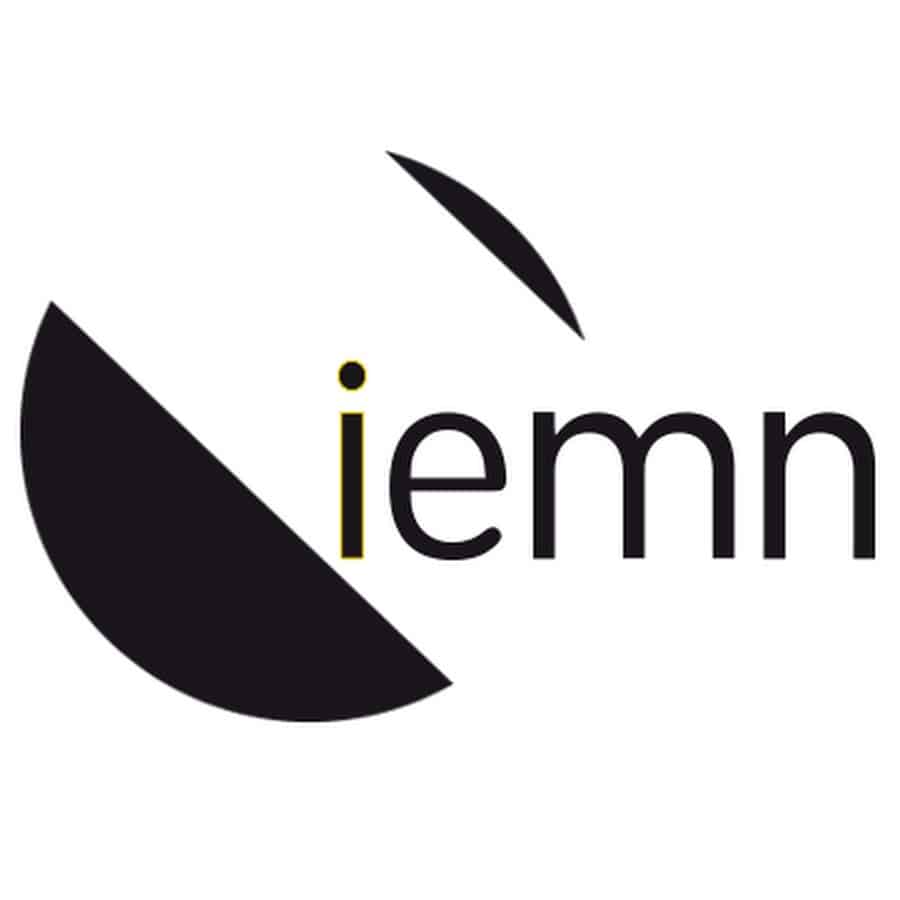Innovative Optimization of LDI-MS Porous Silicon Substrates Using Thermometer Ions
Résumé
This study presents a methodical procedure for optimizing laser desorption/ionization mass spectrometry (LDI-MS) supports using porous silicon (PSi) substrates. The approach involves the use of substituted benzyl-pyridinium salts (thermometer ions) to obtain one metric that assesses analyte fragmentation (the effective temperature of vibration). Porous silicon substrates were synthesized via electrochemical etching of p-type silicon wafers (10-20 mΩ⋅cm), with etching parameters adjusted to vary porosity while maintaining a layer thickness between 700 and 1200 nm. The results revealed that PSi substrates with 40-60% porosity achieved the lowest fragmentation levels. This finding was validated through the analysis of N-Acetyl glucosamine, a carbohydrate, which confirmed the effective temperature trend. Further analysis involving peptides, specifically P14R and a peptide mix (Peptide Calibration Standard II, Bruker), demonstrated that the optimized PSi substrates enabled the desorption and ionization of peptides with a maximum mass at m/z 2465, corresponding to ACTH clip 1-17. These results highlight the critical role of substrate porosity in minimizing analyte fragmentation and enhancing LDI-MS performance.
| Origine | Fichiers produits par l'(les) auteur(s) |
|---|
